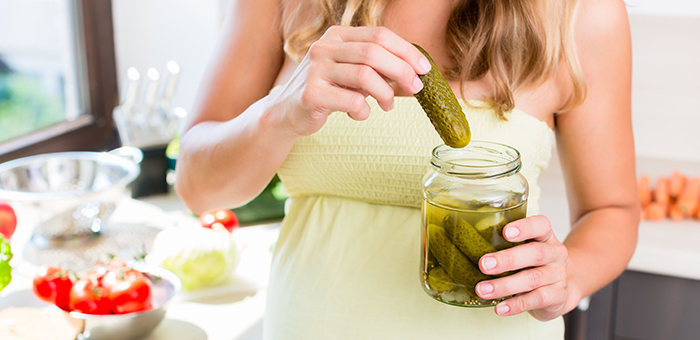
FAQ: Pregnancy Vitamins
Key Takeaways
You may have lots of questions about pregnancy vitamins. What are they? Do you need to take them? Read on to find out all about the prenatal vitamins your GP may recommend, including information about the most common ones such as folic acid, vitamin D and iron.
What Are Pregnancy Vitamins and Do I Need Them?
A healthy pregnancy diet can help keep you well-nourished, but sometimes getting all the vitamins and minerals you need from diet alone can be difficult. Prenatal vitamins can help fill the gap during pregnancy. Your doctor is best placed to advise you on the best prenatal vitamins for your situation, but these may be recommended:
Experts say it's possible to get your vitamin C and calcium needs covered via a healthy diet, but in some cases your GP may recommend an extra supplement. You can get vitamin C from foods like oranges, red peppers and potatoes, and you can get calcium from foods like dairy products, green leafy vegetables and tofu.
Are There Any Vitamins I Should Avoid During Pregnancy?
Too much vitamin A during pregnancy can harm your baby's development, so avoid taking vitamin A (also known as retinol). Check the labels of any multivitamins you may be considering to ensure there's no vitamin A added. Check out this article on foods you should avoid during pregnancy, too.
When Do I Need to Start Taking Pregnancy Vitamins?
If you're trying to conceive, start taking folic acid, or start taking it as soon as you find out you are pregnant. Your baby's spine develops in the first 12 weeks of pregnancy, and initially you may not even know you're pregnant yet, so it's best to take folic acid as soon as you start trying for a baby to be make sure you are covered during this period. Your GP will advise you on when to start taking any other pregnancy vitamins, if it turns out you need them.
In some cases, your doctor will give you a prescription and you may be eligible for free vitamins from Healthy Start. Otherwise, you can simply buy what your GP recommends over the counter in your local pharmacy or supermarket.
How Long Do I Need to Take Pregnancy Vitamins?
It's a good idea to take folic acid until you are 12 weeks pregnant. Vitamin D should be taken throughout pregnancy and while you are breastfeeding – if this is something you choose to do. Follow your GP's advice on how long to take any other supplements as the advice will vary based on your situation.
What If I Follow a Special Diet?
If you are a vegan, a vegetarian, or follow any other kind of special diet due to food intolerances or religious reasons you may not be getting enough of certain nutrients from diet alone. For example, you may find it difficult to get enough iron or vitamin B12 through food alone. Let your doctor know about your dietary habits and she will be able to check what additional supplements you may need to take.
FAQs at a Glance
What vitamins should I take in early pregnancy?
It is recommended you start taking folic acid as soon as you start trying for a baby, or as soon as you find out you're pregnant. Your doctor will advise what other supplements you may need in early pregnancy.
Is it safe to take prenatal vitamins if you're not pregnant?
Other than folic acid – which you should take while trying to conceive even if you don't know that you're pregnant yet – your doctor is best placed to advice you on what vitamins it's safe for you to take when not pregnant.
What are the most common vitamins doctors recommend during pregnancy?
Following a healthy diet and taking the vitamins your doctor recommends is great for your own well-being and also helps give your baby the best possible start in life.
Read more about Pregnancy
Related Articles
Join Pampers Club and get:









